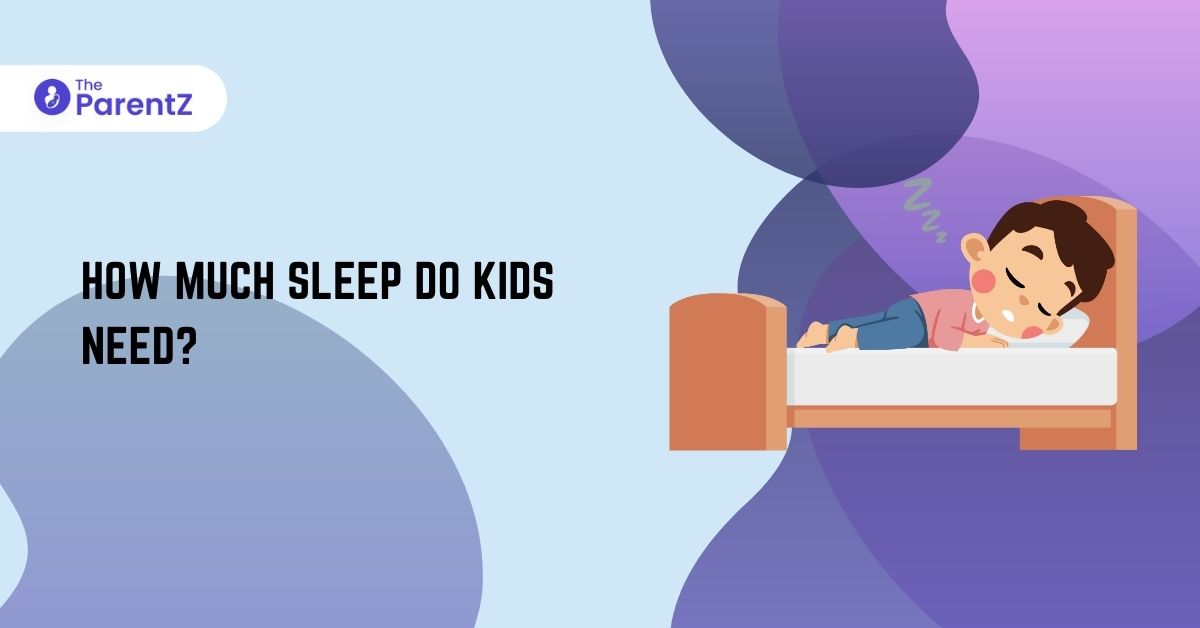Your Child’s Sleep Requirements From Toddlerhood to Teenage Years. As the old adage goes, “Early to bed and early to rise makes little Ben healthy, wealthy, and wise.” But how much of that is actually true? The importance of sleep is different for each age group. Children need more sleep than adults, but what is the right amount of sleep for your child? How much sleep is too much and how little is too little? Read on to find out more about healthy sleep patterns by age groups.
From birth to their late teens, children certainly need significantly more sleep than adults. This is because this entire period is a time of rapid physical and mental growth. The more energy you spend, the more sleep you need; and growth takes an enormous amount of energy. Therefore, healthy sleep patterns change as we grow older and begin spending lesser energy.
| Age | Recommended | May be appropriate | Not Recommended |
|---|---|---|---|
| Newborns (0-3 months) | 14 to 17 hours |
|
|
| Infants (4 – 11 months) | 12 to 15 hours |
|
|
| Toddlers 1-2 years | 11 to 14 hours |
|
|
| Preschoolers 3-5 years | 10 to 13 hours |
|
|
| School-aged Children (6-13 years) | 9 to 11 hours |
|
|
| Teenagers (14-17 years) | 8 to 10 hours |
|
|
Table 1: Healthy Sleep Patterns By Age (Source: National Sleep Foundation)
So, is your child getting enough sleep? There are various ways to find out what the correct amount of sleep for your child is. The best way is to look for signs of inadequate sleep in your children. If you observe some of the following, then most probably, your child is not sleeping well enough.
Inadequate sleep may show up as colic in infants, which means you might find them crying very loudly for quite a while. However, it may be a result of innumerable other conditions, so ensure that you see the doctor about it immediately. In toddlers and preschoolers, a lack of sleep often causes temper tantrums and frequent, seemingly random meltdowns. It may even decrease their appetites and make them moody.
Symptoms of inadequate sleep in school-age children take on various forms. As their minds and personalities begin to develop, so do the signs of the troubles they may be facing. This makes them tougher to spot but easier to understand and resolve. School-aged children who don’t get enough sleep are likely to show a change in their normal behaviour. Quiet children may get moody and irritable, while normally boisterous kids might suddenly become quiet and reserved. The change won’t usually be very drastic or dramatic though, so you’ll need to keep a keen eye out for such symptoms.
The most complicated age group to deal with is teenagers. The primary reason this is a complicated group is that they don’t understand themselves most times either. Since there is already a huge amount of emotional turmoil in teen years, inadequate sleep can compound the problem further. Insomnia in teenagers can lead to serious mental health issues including but not limited to depression and anxiety.
The most important fact that parents often forget about sleep is that it is more a matter of quality than quantity. If your child is not sleeping enough, your problem is fairly clear. But if you notice these symptoms of lack of sleep even though your child sleeps for an adequate number of hours, the issue may be deeper. It’s best to seek professional psychological help in this matter. It’s too easy to harm the child than to help him or her, even with the best of intentions at heart.








Be the first one to comment on this story.